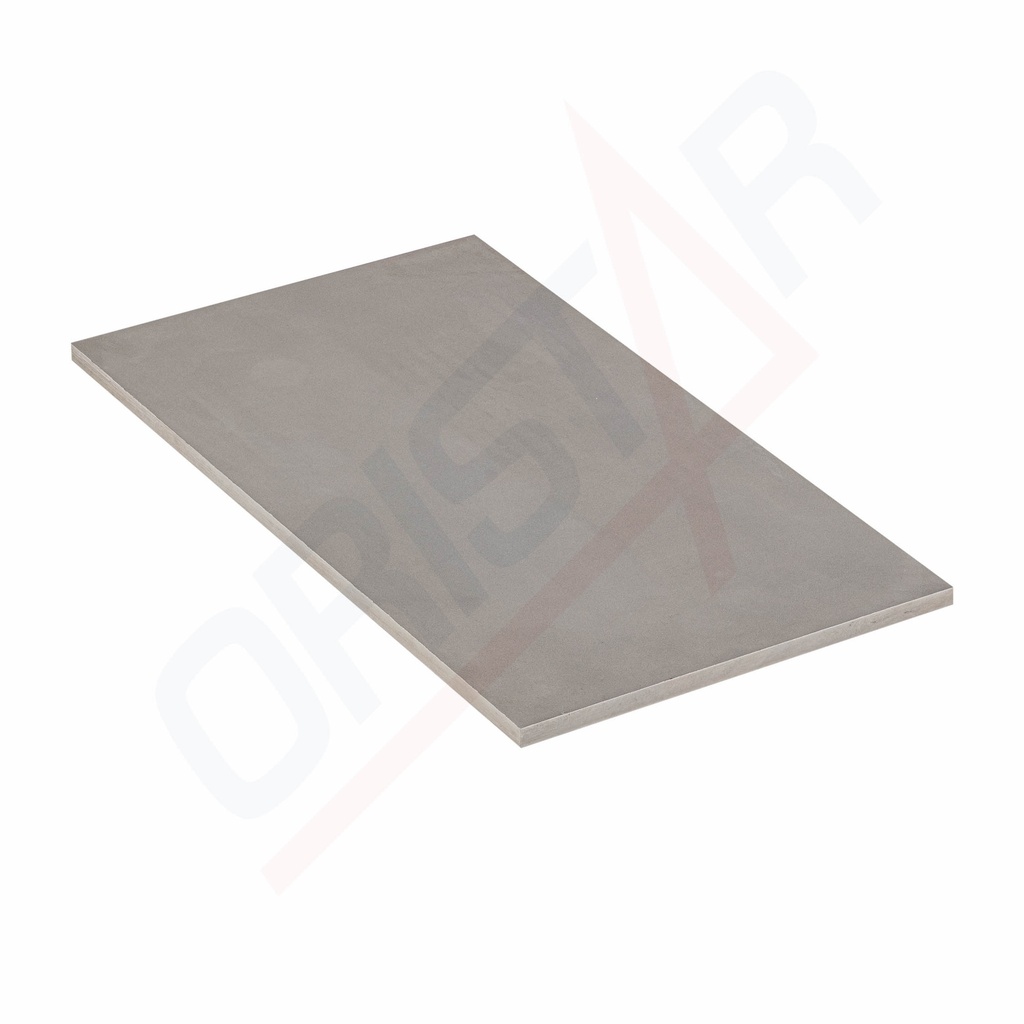THÔNG TIN CƠ BẢN
SUS 303 Stainless Steel is a type of stainless steel from the SUS 300 series, specifically designed to improve machinability. SUS 303 is an Austenitic stainless steel known for its machinability features due to the addition of Sulfur (S), which enhances cutting and machining capabilities.
Key Characteristics of SUS 303 Stainless Steel:
- Chemical Composition:
- Chromium (Cr): Approximately 17-19%, providing corrosion resistance.
- Nickel (Ni): Around 8-10%, supporting ductility and heat resistance.
- Sulfur (S): About 0.15-0.35%, enhancing machinability and cutting properties.
- Carbon (C): Up to 0.15%, maintaining corrosion resistance while preserving mechanical properties.
- Physical Properties:
- Corrosion Resistance: SUS 303 offers good corrosion resistance in various environments, including chemicals and seawater.
- Mechanical Properties: Provides high strength and good machinability but is not as resistant as SUS 304 in terms of corrosion and mechanical strength.
- Machinability: Improved over SUS 304 due to the presence of Sulfur, making it easier to machine.
- Applications:
- Manufacturing Industry: Suitable for precise mechanical parts such as bolts, nuts, and machine components due to its excellent machinability.
- Aerospace Industry: Used in aircraft and aerospace components due to its good machinability and stable mechanical properties.
- Food Processing Industry: Used in food processing equipment for its corrosion resistance and ease of cleaning.
- Form and Size:
- SUS 303 is typically available in sheets, bars, tubes, and wires, with sizes and shapes customized to specific application requirements.
Manufacturing and Processing:
- Production Process: SUS 303 is produced through hot and cold rolling processes and is often further machined to achieve desired shapes and sizes.
- Machining: Can be machined using methods such as cutting, drilling, and welding, with high precision and good surface finish due to its enhanced machinability.
(Source: Internet)
Key Characteristics of SUS 303 Stainless Steel:
- Chemical Composition:
- Chromium (Cr): Approximately 17-19%, providing corrosion resistance.
- Nickel (Ni): Around 8-10%, supporting ductility and heat resistance.
- Sulfur (S): About 0.15-0.35%, enhancing machinability and cutting properties.
- Carbon (C): Up to 0.15%, maintaining corrosion resistance while preserving mechanical properties.
- Physical Properties:
- Corrosion Resistance: SUS 303 offers good corrosion resistance in various environments, including chemicals and seawater.
- Mechanical Properties: Provides high strength and good machinability but is not as resistant as SUS 304 in terms of corrosion and mechanical strength.
- Machinability: Improved over SUS 304 due to the presence of Sulfur, making it easier to machine.
- Applications:
- Manufacturing Industry: Suitable for precise mechanical parts such as bolts, nuts, and machine components due to its excellent machinability.
- Aerospace Industry: Used in aircraft and aerospace components due to its good machinability and stable mechanical properties.
- Food Processing Industry: Used in food processing equipment for its corrosion resistance and ease of cleaning.
- Form and Size:
- SUS 303 is typically available in sheets, bars, tubes, and wires, with sizes and shapes customized to specific application requirements.
Manufacturing and Processing:
- Production Process: SUS 303 is produced through hot and cold rolling processes and is often further machined to achieve desired shapes and sizes.
- Machining: Can be machined using methods such as cutting, drilling, and welding, with high precision and good surface finish due to its enhanced machinability.
(Source: Internet)



